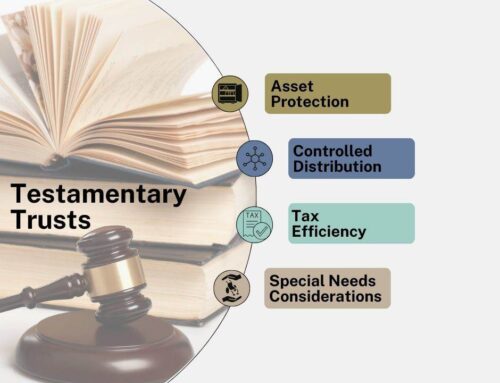Joint Tenancy vs. Tenants in Common and the Implications for Inheritance Planning
Written by Adam Mitchell
In the midst of emotional turmoil following Tom’s passing, the complex legal landscape surrounding property ownership and inheritance becomes apparent. Tom’s marital history, property ownership, and his Will’s stipulations all play critical roles in determining the fate of his assets and the inheritance rights of his heirs.
The scenario involving Tom’s passing has brought to light the legal distinctions between joint tenancy vs. tenants in common, as well as the subsequent implications for inheritance. The nature of the property ownership, as well as Tom’s Will, significantly influences the distribution of his assets. Tom’s situation underscores the importance of understanding these legal concepts and seeking professional advice to ensure one’s wishes are carried out effectively.
Joint Tenants vs. Tenants in Common
When multiple individuals purchase property as joint tenants, the property is held collectively, and upon the death of one owner, the ownership passes entirely to the surviving owner(s). This principle is known as the right of survivorship. Essentially, the property automatically transfers to the remaining joint tenants, bypassing the deceased owner’s estate and Will.
On the other hand, tenants in common each own a specific share or interest in the property, which may or may not be equal. In this arrangement, there is no right of survivorship. When a tenant in common passes away, their share of the property becomes part of their estate and is distributed according to their Will or the laws of intestacy.
Tom’s Situation
Tom and his second wife purchased a house as joint tenants. When Tom realised he was dying, Tom updated his will and specified that all his property should be divided among the children from his first marriage. He and his new wife placed the house on the market, agreeing that they would divide the proceeds of the sale between them. Unfortunately, he died before the sale was completed, and because the property was held as joint tenants, the house automatically became the sole property of his surviving second wife upon his death, bypassing the Will’s stipulations.
Because most of Toms assets had been used to buy the house in which he lived with his second wife, very little was left in his estate for his children to inherit. Had Tom and his new wife opted to purchase the property as tenants in common, Tom’s share of the proceeds from the house’s sale would have been subject to his Will’s instructions, ensuring his children received their inheritance as he had intended.
Importance of Professional Advice
The complexities surrounding property ownership, inheritance, and legal intricacies emphasize the importance of seeking professional legal advice before making any decisions. In Tom’s case, a legal professional could have provided insights into the implications of different forms of property ownership and guided Tom and his wife in making the most suitable choice for their circumstances.
Tom’s situation serves as a poignant reminder of the legal consequences that arise from the type of property ownership and the nuances of a person’s Will. To ensure one’s wishes are carried out accurately and to mitigate potential conflicts, individuals should seek guidance from experienced legal professionals. In matters as crucial as property ownership and inheritance, consulting the experts at Farrell Goode can help individuals navigate the complexities of the law and safeguard their intentions.





















